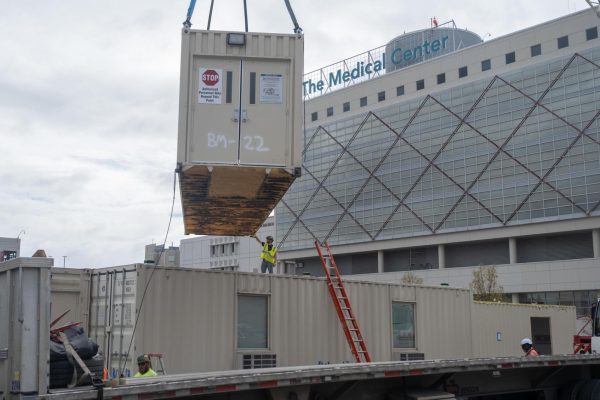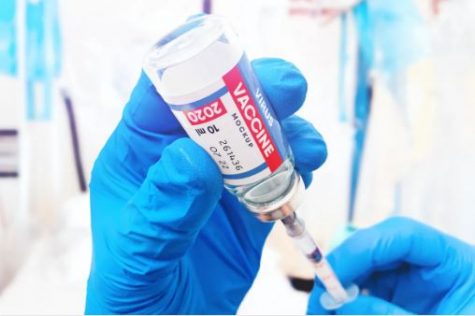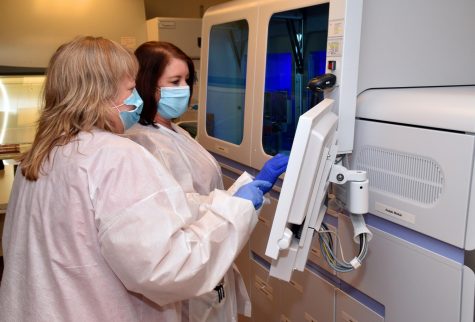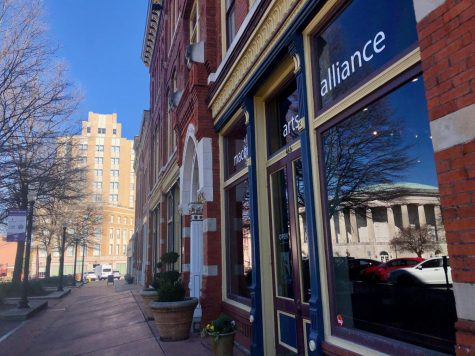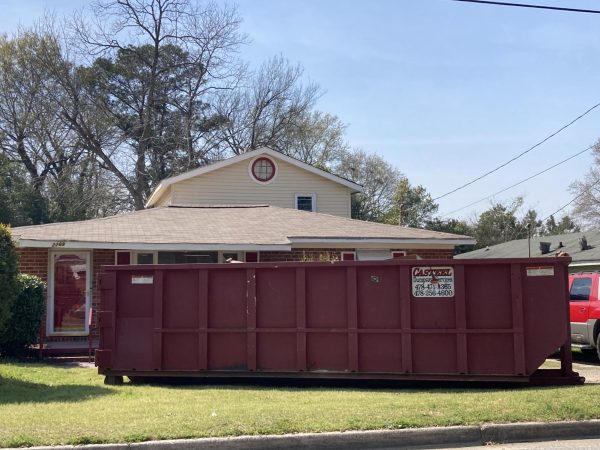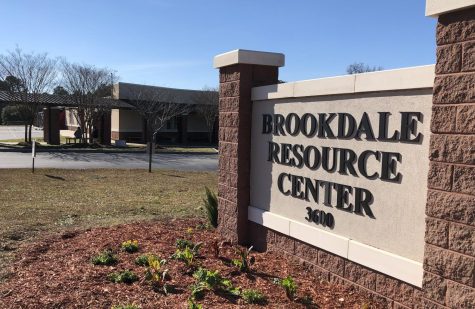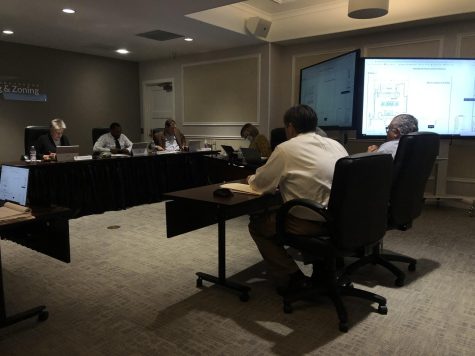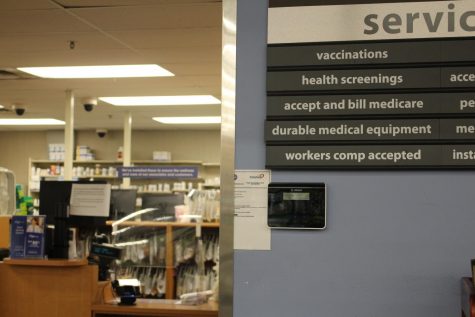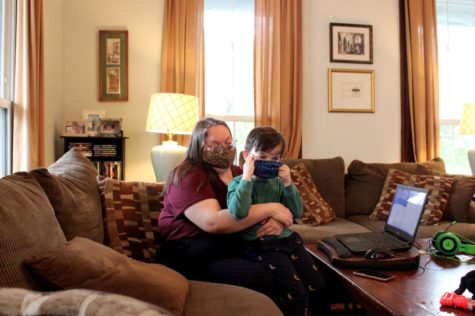Ill Americans Suffering Due to Medicine Shortage Caused By COVID-19
The obsession with Hydroxychloroquine (also known as Plaquenil) in America has left chronically ill Americans out of options for treatment in spite of the fact that the FDC has advised against the use of the drug as a treatment for COVID-19 patients.
Dana Louise is one such patient. Because of her Sjögren’s syndrome, an autoimmune disorder that is most known for the way that it impacts the salivary and tear glands, Louise has been prescribed Hydroxychloroquine for the past four and a half years. However, when she went to refill her prescription this month she was met with resistance.
“They said ‘due to COVID we won’t refill it,” Lousie said in a phone interview last Wednesday.
Though Hydroxychloroquine is approved for the treatment of arthritis and lupus by the FDA, it has not been approved for the treatment of Sjögren’s syndrome. Louise tests positive for some markers of lupus but not enough for the diagnosis, which the pharmacy was requiring in order to get the medication because of the recent demand for it due to the pandemic.
Now, Louise’s doctor is going to have to write an appeal for her to be able to get the medication. Even then, if she is able to get the pharmacy to give her the prescribed medication, it is possible that her insurance will not cover the price.
Louise isn’t worried about the price but did say that some of her friends from her online support group for Sjögren’s patients recommended using the website “Goodrx” in order to be able to afford the prescription without insurance.
According to GoodRX, a three month supply for Plaquenil can run as high as $1,114.33 while the generic form runs around $240.47.
Even if Louise pays out of pocket and gets an appeal from her doctor, she says it is unlikely the pharmacy will be willing to fill the prescription.
In the meantime, Louise is already starting to feel the effects of not having her medication.
“Already my joints are hurting so much more,” she said.
While there are not withdrawals associated with Hydroxychloroquin, the benefits to the medication wear off soon after the patient stops taking it. To make it last longer, Louise started reducing the amount she took it once she learned she would not be receiving her medication as prescribed.
“I just started reducing my dose and then it was every other day and then I’m out,” Louise said.
Louise isn’t the only one struggling to get access to her medication. She described a friend who has been denied her Lyrica prescription, which had been prescribed due to peripheral neuropathy (a condition characterized by weakness and pain due to nerve damage).
While there is no longer a shortage in Hydrochloroquin, the struggle for access continues for those whose pharmacies will not fill their prescriptions. Louise worries that she will never be able to return to a time when she could easily pick up her medication without extra hoops or payments- something especially daunting to her as her retirement quickly approaches.
Last Tuesday the FDA released a statement cautioning against the use of Hydrochloroquin outside of hospital settings. Meanwhile, Donald Trump has gone on the record stating multiple times that he is personally taking Hydrochloroquin at the recommendation of his physician despite having no underlying medical conditions requiring such action.
Meanwhile, the FDA has listed Dexamethasone and Azithromycin (commonly known as a Z-pack) tablets as being in shortage in the United States. Both medications are being used to attempt to treat COVID-19 patients. Dexamethasone is oftentimes used as a treatment for those with inflammatory disorders such as arthritis. Azithromycin is usually used to treat bacterial infections.




